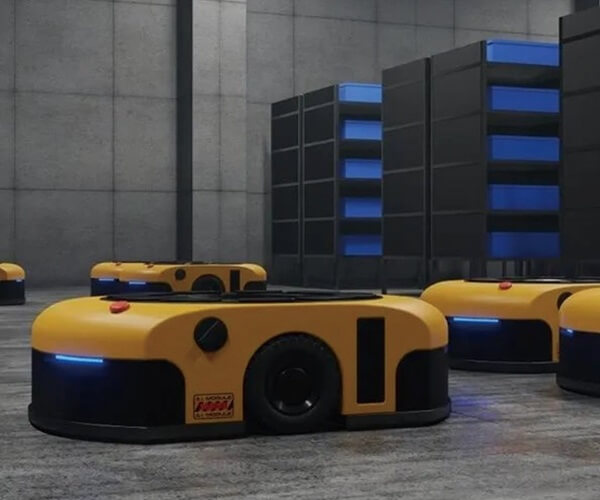When it comes to precise motion control in machines, servo motors and stepper motors are often the stars of the show. These two types of motors may seem similar at first glance, but when you dig a bit deeper, the differences become clearer. Each has its unique advantages depending on the application, and knowing which one to use can be a game-changer for your project.

Let’s start with the servo motor. It’s known for its precision. If you’re working on a project where accuracy is key—think robotics or CNC machinery—a servo motor is a great choice. It’s equipped with a feedback system that continuously adjusts the motor’s position. This feedback loop ensures that the motor operates at a high level of precision, which is crucial in tasks like maintaining exact positioning or speed control. So, if you need your machine to operate smoothly and consistently with little to no errors, the servo motor is your go-to.
Now, what about stepper motors? They’re a bit different. Unlike servo motors, stepper motors move in distinct steps—hence the name. Each step is a fixed angle, and the motor is controlled to move in these discrete steps. This makes them ideal for applications where controlled motion is needed without the complexity of a feedback system. Stepper motors are often used in 3D printers, small robotics, and other DIY projects. While they might not offer the same smoothness or precision as servo motors, they’re incredibly reliable, and with the right controller, they can do some pretty impressive things.
You might wonder, “Why should I choose one over the other?” It depends on what you need. If you’re building something like an automated assembly line where consistency and precision matter, a servo motor will usually perform better. They’re more expensive, yes, but their capabilities far outweigh the initial cost. On the other hand, if your project is more about steady, reliable motion with fewer precision demands, a stepper motor could be your best bet. Plus, they’re generally more affordable, making them a great choice for applications where cost is a concern.
But it’s not all about price or precision. The environment and system requirements also play a huge role in this decision. Servo motors, for example, can handle heavy loads and maintain high torque at varying speeds, which is a huge plus for industrial applications. Stepper motors, however, are simpler to control and often used in smaller, less complex setups.
What about power consumption? Servo motors typically consume more power, especially under load, because they’re constantly adjusting to maintain their position. Stepper motors, though they can be more power-efficient in certain setups, might struggle to maintain torque at higher speeds or under heavier loads.
At the end of the day, the choice between a servo motor and a stepper motor isn’t always clear-cut—it’s about finding the best fit for your specific needs. Both types of motors offer unique benefits, and the right decision comes down to understanding the demands of your project. Whether it’s a cutting-edge robotics project or a simpler motion control setup, there’s a motor out there that fits perfectly. And when you make the right choice, the results will speak for themselves.
Established in 2005, Kpower has been dedicated to a professional compact motion unit manufacturer, headquartered in Dongguan, Guangdong Province, China. Leveraging innovations in modular drive technology, Kpower integrates high-performance motors, precision reducers, and multi-protocol control systems to provide efficient and customized smart drive system solutions. Kpower has delivered professional drive system solutions to over 500 enterprise clients globally with products covering various fields such as Smart Home Systems, Automatic Electronics, Robotics, Precision Agriculture, Drones, and Industrial Automation.




































